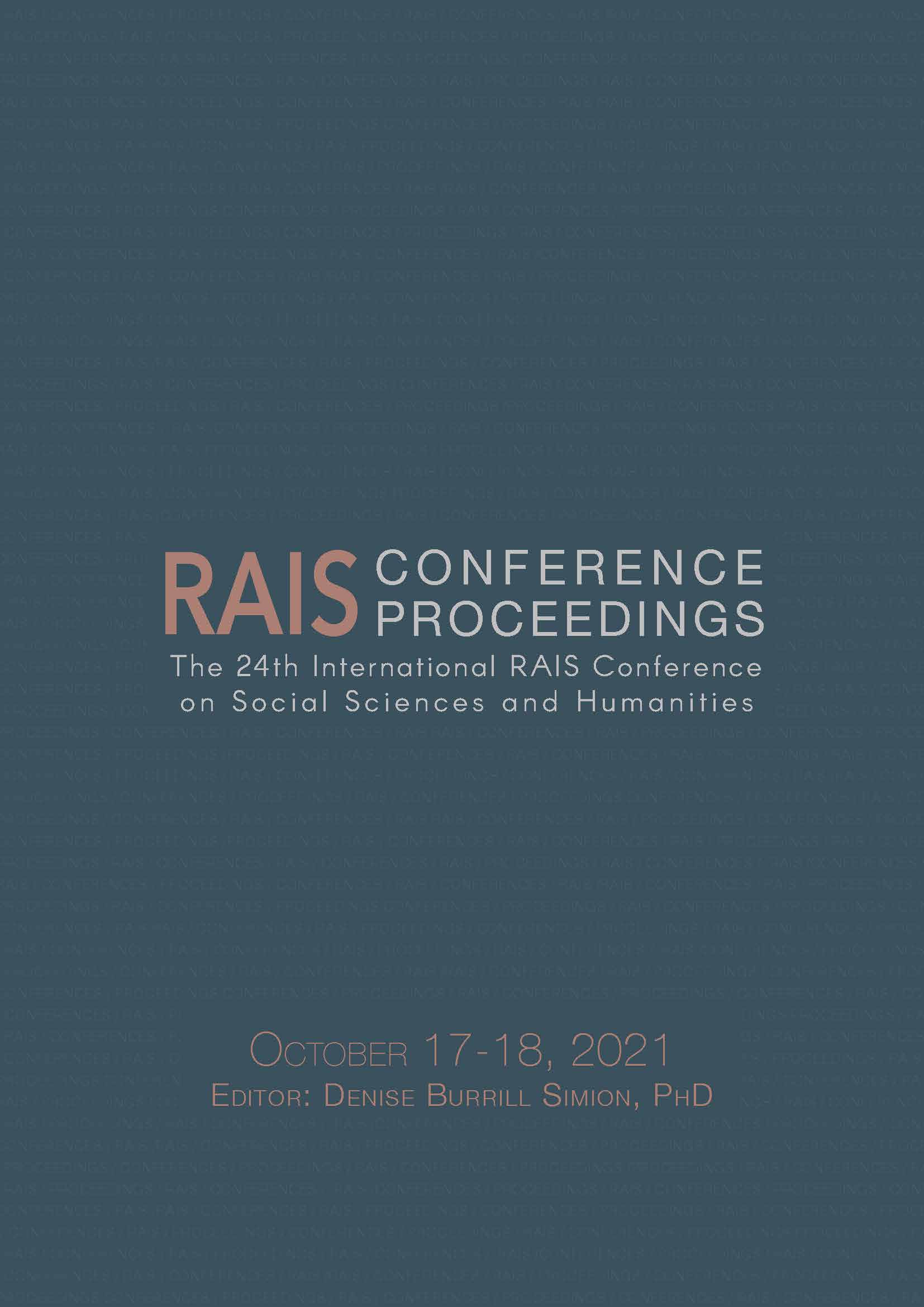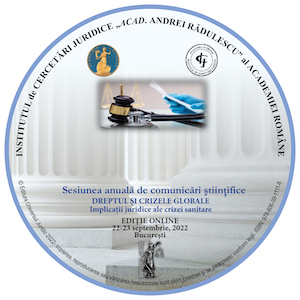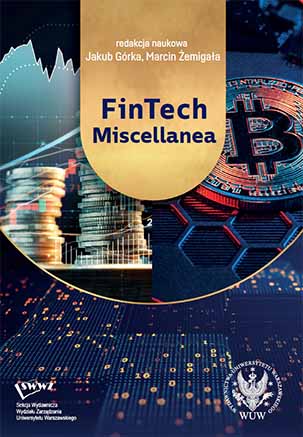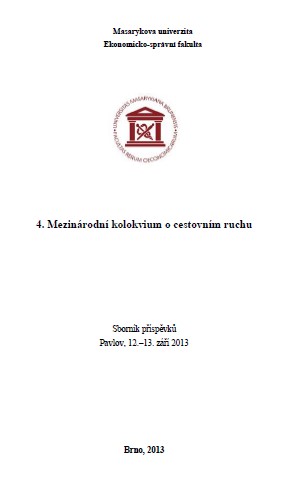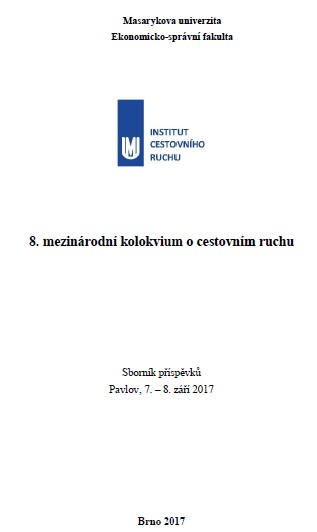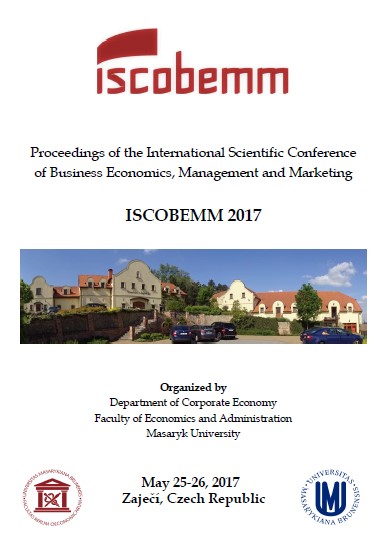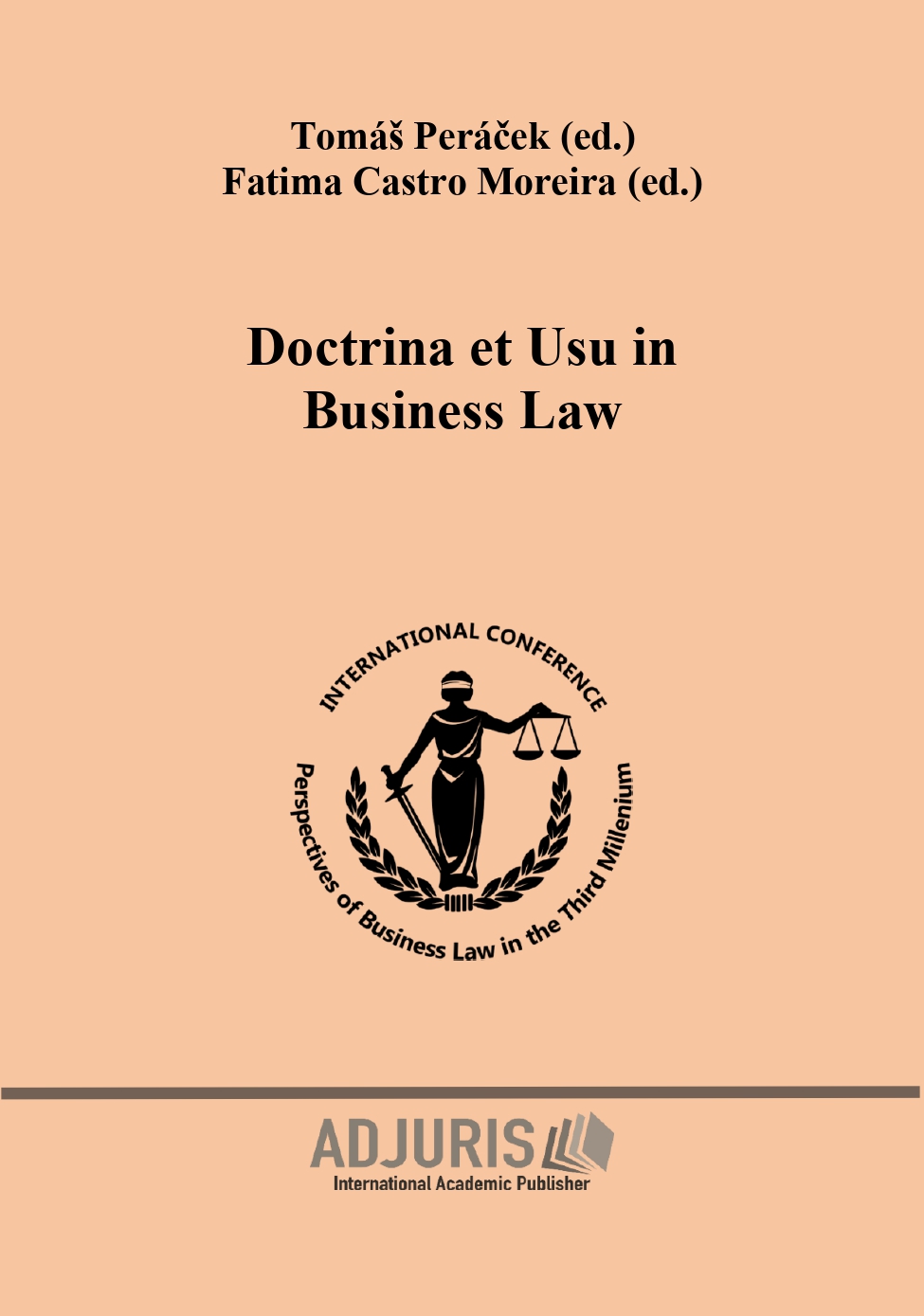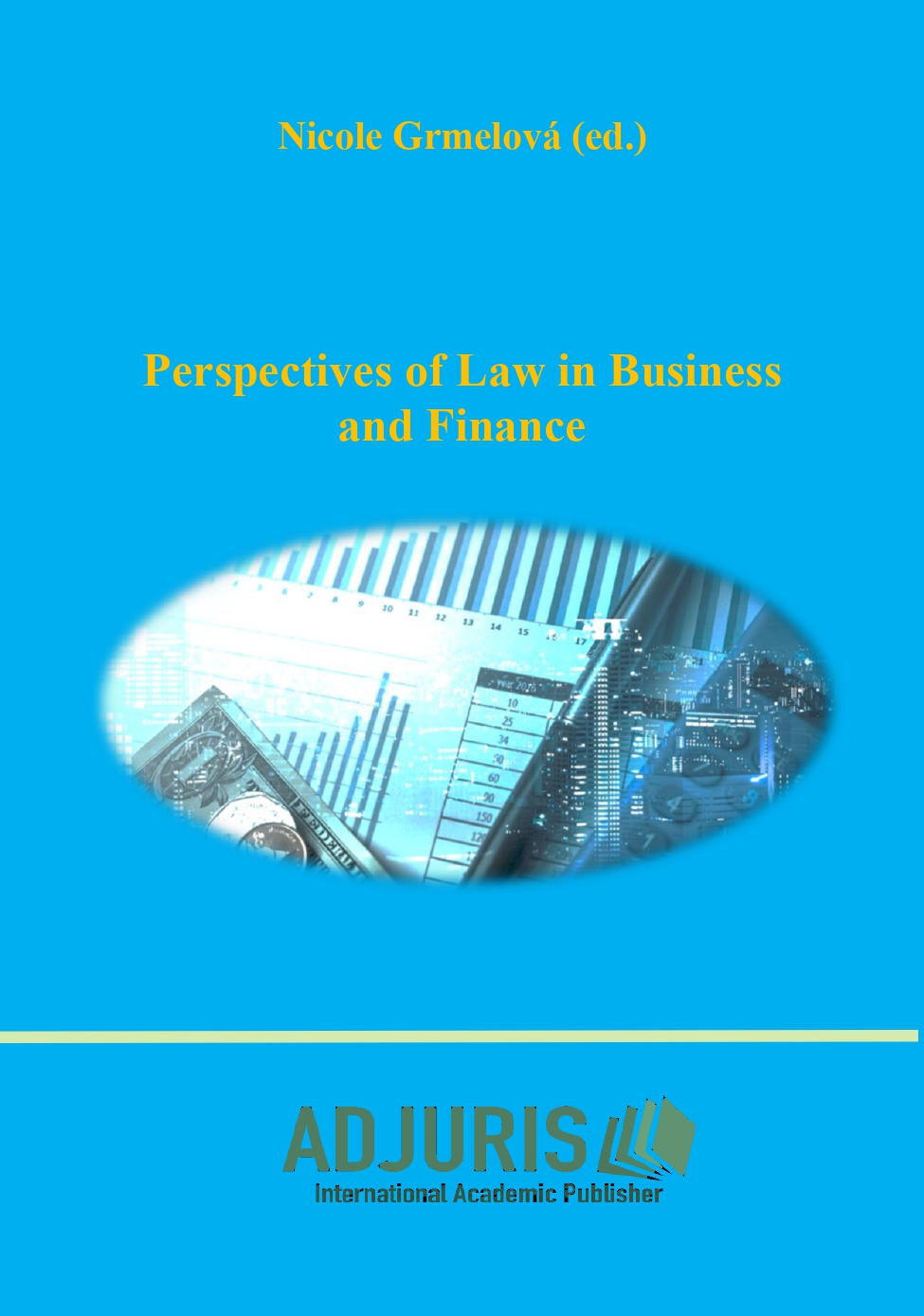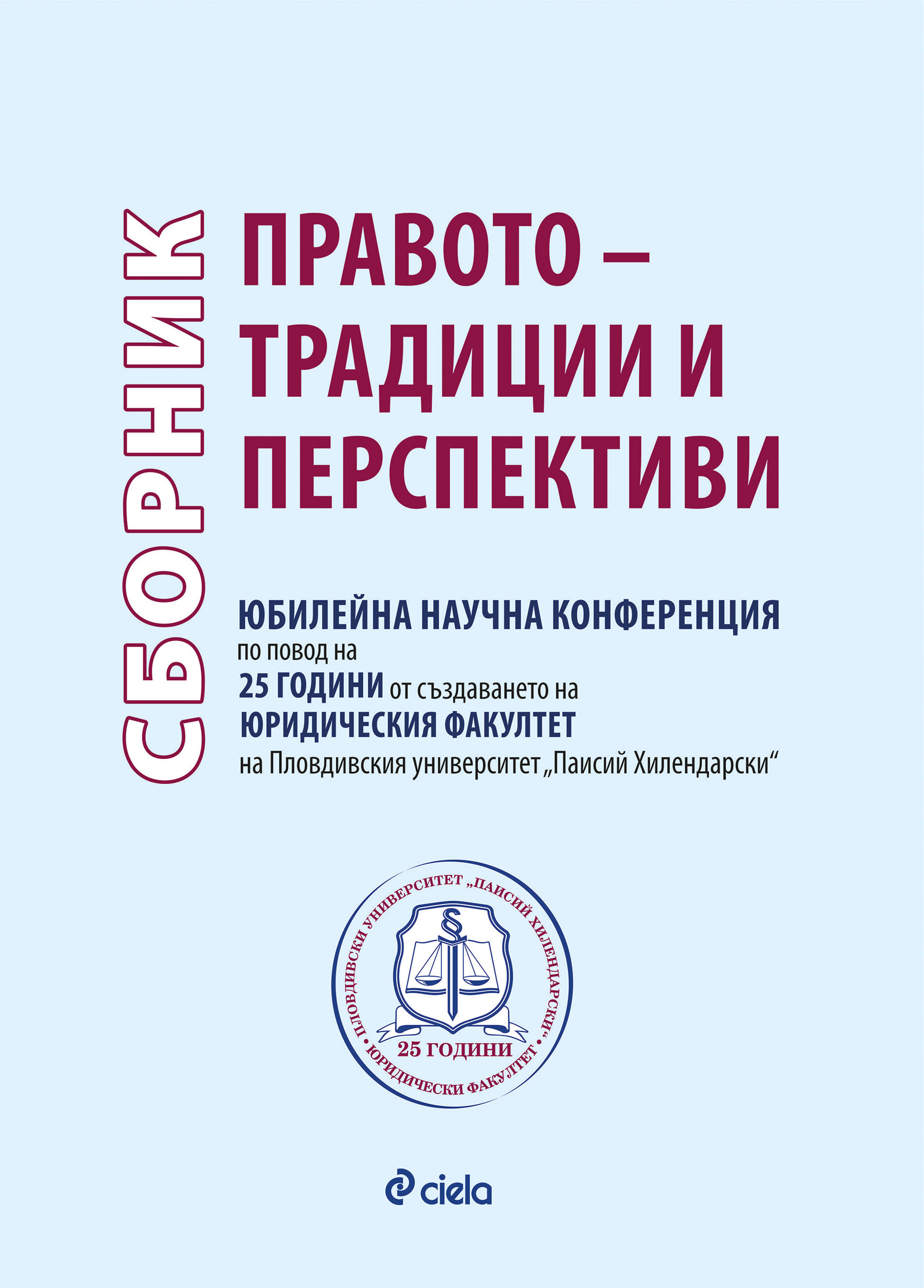
Търговскоправни аспекти на учредителния апорт с предмет културни ценности
The richness of a people’s traditions, its national and conceptual evolution is preserved through the memory of its cultural heritage. To ensure its longevity and endurance in time, however, appropriate safeguarding is required. The profoundness of research predetermines knowledge not only of the classical regulations but also of the regulations that although seemingly not pertinent to the matter, underlie the arising of various legal cases. The present article is aimed at summarizing some of the more important internal commercial law aspects of cultural heritage related to company law. More specifically, the various prospects for making an incorporation contribution in kind of objects with the status of cultural values will be discussed.
More...
